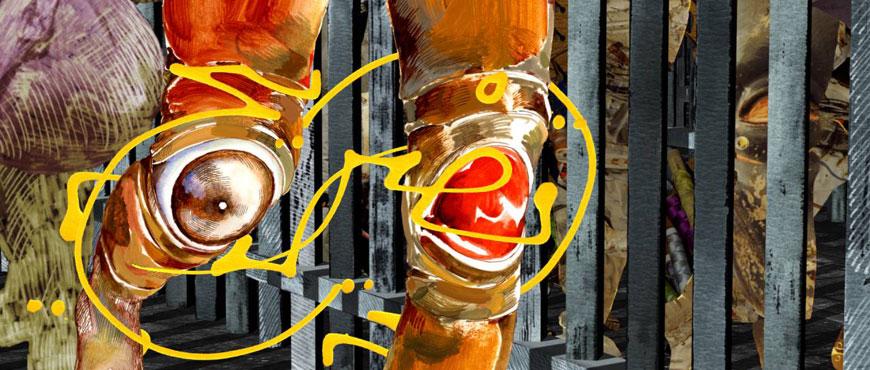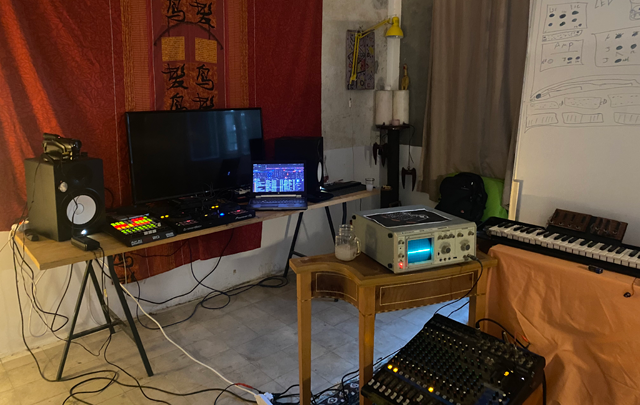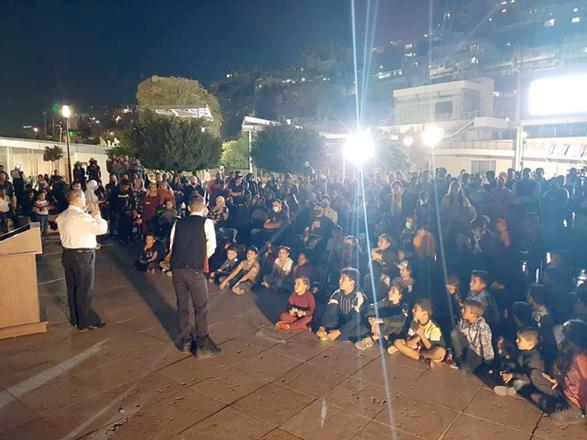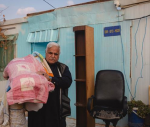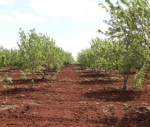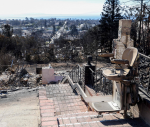You are here
Local start-up launches collection of Arabic folk tales
By Hind Joucka - Feb 26,2015 - Last updated at Feb 26,2015

AMMAN — For those who want to revisit the tales their grandparents used to tell them about ghouls, witches and charming princes or discover Arab folktales for the first time, a book officially launched Wednesday may be the answer.
Released in English as “Jamila’s Thread and Other Stories” and in Arabic as “Abu Al Foul and Other Folk Tales”, the stories were collected by start-up Project Pen from various Arab countries.
The collection, which took one year to compile, is aimed at teenagers and older audiences.
Stories were collected either orally or online through e-mails and social media by contributions from around the Arab world, including Syria, Sudan and Jordan, according to Project Pen.
Tales from traditional Circassian culture are also included.
Project Pen representatives held a short reading session from the Arabic version of the book at Abdul Hameed Shoman Foundation and gave audiences a glimpse into the work and effort put into collecting the tales.
“Collecting stories was even harder than we initially thought it would be because we found that people had either forgotten certain details... or the majority of them only remember a couple of stories from their childhood,” said translator Ola Aleiwat.
“I think that this further underlined the importance of collecting and documenting these stories because if we can’t fully remember them now, we won’t be able to remember them in 20 years,” she said at the launch.
Project Pen co-founder Maisa Al Khudair said what made researching and collecting stories even more difficult was the fact that they had not been documented before and details in oral narratives change over the years and their origins easily get lost.
Throughout their extensive research, the team discovered that folk stories from around the world often overlap in subject, motifs and characters.
“We found that there are many similarities between stories from the West and the East even though they’re from completely different cultures,” Khudair noted.
“It was as if they have the same origin; for example, we have ‘Salma and her seven brothers’ and, similarly, they have ‘Snow White and the Seven Dwarves’.”
The aim of the books, according to Project Pen, is to preserve the memory of folk stories inherited from previous generations.
The stories are narrated in formal Arabic, whereas the dialogue is in colloquial Arabic from the story’s original source.
“Project Pen’s main aim is to revive the Arabic language which is why it was extremely important that the narrative was in formal language. We worked very hard to keep the language simple but eloquent. The reason we decided to have the dialogue in spoken Arabic was because that is another major part of our heritage,” said Syrian writer Ahmad Qatleesh.
Rima Saifi, public relations and communications manager at Abdul Hameed Shoman Foundation, said the foundation hosted the book launch to highlight the initiative behind it.
“The project is very unique and their effort in enriching Arabic content is truly exceptional. We wanted to shed a light on these kinds of young initiatives and make them accessible to our audiences.”
Related Articles
AMMAN — Two women. Two films. Two angles on Palestine’s past, present and future.
AMMAN — Nearing the end of their nine-month residency at the Mohammad and Mahera Abu Ghazaleh (MMAG) art foundation, over 30 artists opened
AMMAN — The 14th edition of Hakaya Festival, organised by Al Balad Theatre and the Arab Education Forum to celebrate the art of storytelling


